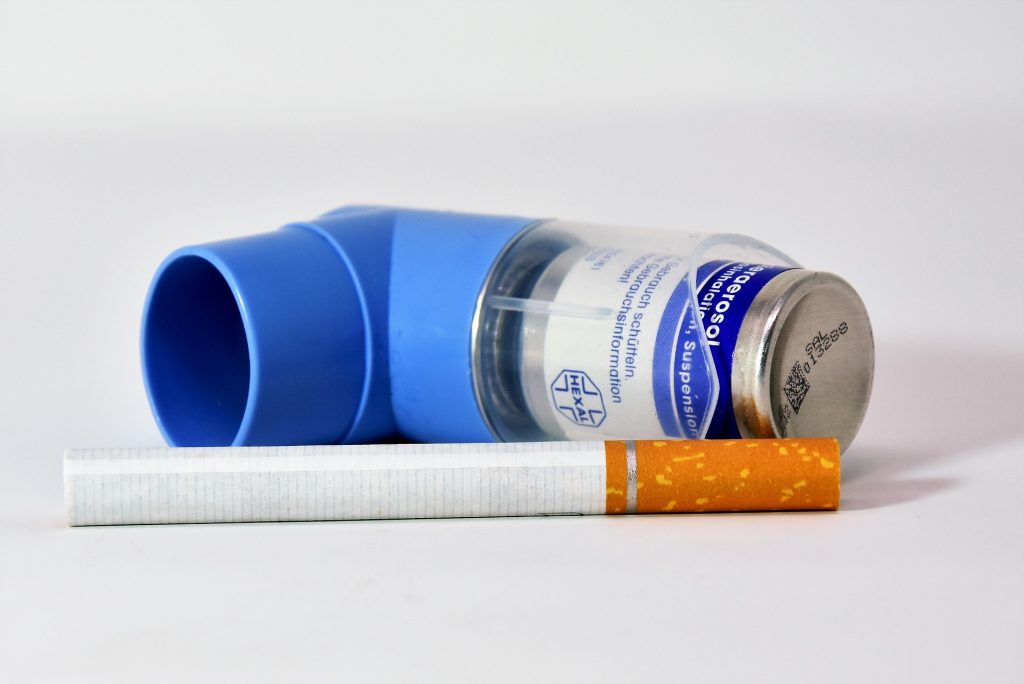Asthma symptoms and effects can range from being a nuisance to being life-threatening. When triggered, asthma causes the airways to swell, narrowing the person’s airways, which then makes breathing difficult. You may not have this condition, but it’s likely someone you know does. If you live with an asthmatic, it’s easy to be constantly stressed about whether they might have an attack.

There is currently no known cure for asthma, but aside from prescribed medications and other long-term treatment options, certain lifestyle changes can be made to avoid an attack.
Leading hospital in the Philippines Makati Medical Center takes you through some simple adjustments you can do to help you or your loved one cope with asthma.
Clean your surroundings regularly. “Dust is one of the most common triggers of asthma,” says Nazario Macalintal Jr., M.D., of MakatiMed’s Section of Pulmonary Medicine. “Household items that are prone to collecting dust like carpets, mattresses, and curtains should be aired out and cleaned regularly. Vacuuming areas where you spend most of your time in, like your bedroom or living room, is better in preventing dust from accumulating.”
Electric fans, window screens, and air-con filters, should be frequently cleaned. Some asthmatics are also sensitive to molds. To avoid adding more moisture to the house, clean damp areas regularly especially behind the toilet and under the sink.
Choose household items that won’t trigger attacks. “Blinds and wooden or tiled floors are friendlier to asthmatics than curtains and carpets,” says Dr. Macalintal. When it comes to household accessories and furniture, it’s best to opt for items that simply keep dust and dirt away like leather sofas or hypoallergenic washable pillows.
Manage your pets wisely. “Pet’s hairs are potential allergens,” says Dr. Macalintal. “Limiting the areas where the pets are allowed in the house can also help keep their dander from spreading.”
Take precautions before travelling. Dr. Macalintal advises, “You might want to reconsider plans of visiting farms or mountain climbing when it’s pollen season to minimize attacks. Sudden changes in temperature may also trigger asthma.” So, before travelling to countries with cooler climates, consult your doctor to know if there are any emergency medications you need to bring.
Avoid food that could irritate your throat. “There are certain food items that make coughing worse in an asthmatic such as calamansi, lemon, nuts, and oranges,” says Dr. Macalintal. “Asthmatics are also sensitive to artificially colored fruit drinks especially yellow ones.
Having asthma may be stressful for both the patient and those close to them, but starting with small, simple points of action can greatly reduce the risk of an attack and make living with the condition easier on everyone.

